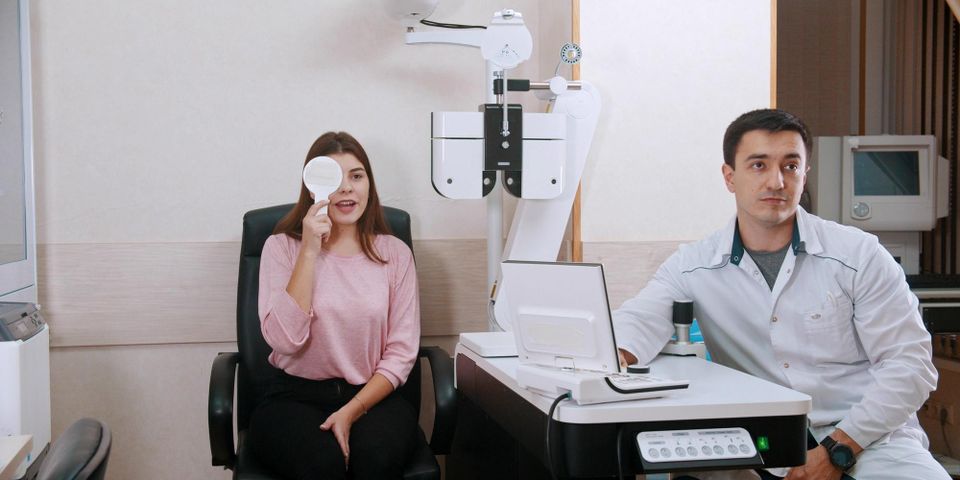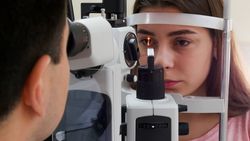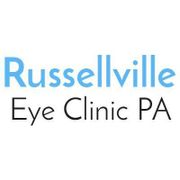
At your regular eye exam with your optometrist, you'll have your vision and the pressure in your eyes checked. If there's anything abnormal, you'll receive additional glaucoma screening. Early detection of glaucoma is essential to protect you from vision loss, so the following guide will explain this process.
What Is Glaucoma Screening?
Glaucoma is a condition that affects your optic nerve. Most symptoms occur because of high fluid pressure inside your eye. When the optic nerve is damaged, it can't relay signals to your brain effectively. As a result, you may experience blurry vision or blind spots, in addition to secondary symptoms like headaches from eye strain.
If glaucoma is allowed to progress, you may completely lose vision in the affected eye. Glaucoma screening allows your provider to catch this condition in its early stages to preserve your eyesight.
When Should You Be Tested?
 You should visit your optometrist every two years for a routine exam. This will likely include an air puff test for eye pressure, a vision test, and an eye exam with pupil dilation.
You should visit your optometrist every two years for a routine exam. This will likely include an air puff test for eye pressure, a vision test, and an eye exam with pupil dilation.
You should also go in if you notice headaches, blind spots, blurriness, halos around light sources, or tunnel vision. Any other sudden changes in your vision should also prompt a visit.
What Tests Are Available?
If you need additional glaucoma screening, your doctor may offer several options. Ophthalmoscopy is one of the most direct tests, where your doctor will use a special instrument to view the interior of your eye and assess nerve damage visually.
They may also perform a pachymetry (an ultrasound technique) and a gonioscopy (where the eye is numbed and inspected with direct contact) to evaluate abnormal eye pressure and its potential causes in more detail. There are also several types of imaging scans that can be used to view the optic nerve in comfortable, noninvasive ways.
For your regular glaucoma screening, visit Russellville Eye Clinic PA in Pope County, AR. Their skilled doctors and friendly staff will help you with routine exams, testing, and treatment to protect your eyes. Call (479) 968-7302 to schedule an appointment or visit them online to learn more about their practice.
About the Business


